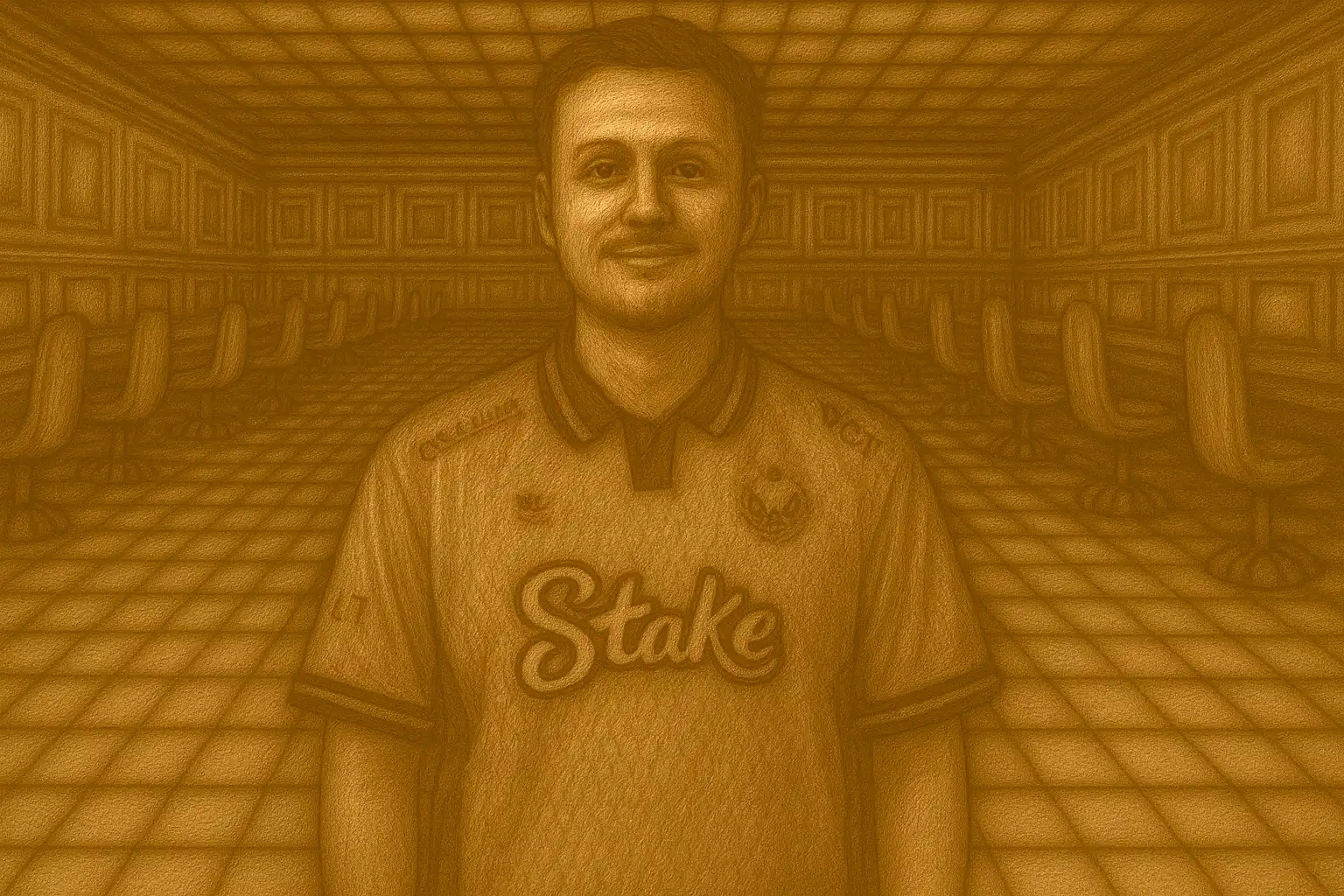Mezii: “We need to focus more on team play — we’ve been a bit messy”

Mezii: “We need to focus more on team play — we’ve been a bit messy”
Team Vitality rifler William “mezii” Merriman says the French-Danish-British lineup must tighten up its fundamentals despite progressing to the BLAST Open London semi-finals. Speaking to HLTV on site, the Brit reflected on a six-to-seven-month stretch where Vitality have lurched between high peaks and uneven team play, stressing that greater structure and round-to-round cohesion are now the priority. In his words, the team has to “focus more on team play” and admitted they’ve been “a bit messy on that aspect.”
Why the emphasis on structure now
Vitality arrived in London with a direct path to the semi-finals from their group. Even so, mezii underlined that the current meta punishes loose spacing and unclear trading protocols. According to the interview, much of Vitality’s inconsistency in recent months has stemmed from timing and spacing breakdowns rather than any single player underperforming. He framed the fix as a collective responsibility: cleaner protocols, clearer mid-round calling, and better reactions to early utility damage or opening deaths.
The stakes for sharpening those details are obvious given the quality of the playoff field at Wembley. BLAST confirmed a heavyweight bracket with title contenders lined up on both sides, placing a premium on teams that can convert small edges in late rounds rather than rely on streaky multi-kill rounds.
Form line coming into London
Vitality’s path to the arena ran through a demanding group stage where they had to grind out wins to secure the semi-final berth. HLTV’s event coverage has repeatedly described this iteration of Vitality as dangerous but not always clinical—consistent with mezii’s self-assessment about team play needing polish.
Meta notes and Rating 3.0 backdrop
Mezii also touched on how the current meta and evaluation tools shape the conversation. BLAST London is the first Season Fantasy game to use HLTV Rating 3.0, which places increased analytical emphasis on impact beyond raw K-D (trade involvement, opening duels, clutches, etc.). That shift mirrors the very areas Vitality are trying to systematize—trading patterns, opening-fight planning, and clutch composure—making structural improvements even more visible in public metrics.
What “tidying up” looks like for Vitality
-
Trading & spacing: Faster second-man swings and pre-agreed spacing on execs to prevent isolate-and-trade failures that have crept into their CT/retake percentages. (Problem highlighted by mezii’s “messy” remark.)
-
Mid-round roles: Crisper responsibility hand-offs when opening plans are stalled by utility or a failed first contact. Mezii framed this as decision-making clarity more than firepower.
-
Map-to-map consistency: With a playoff bracket that can force quick pivots between comfort picks and punish picks, Vitality are focusing on portable protocols rather than map-specific gimmicks.
The road ahead at BLAST Open London
BLAST’s tournament overview lays out a straightforward but unforgiving playoff path: best-of-threes all the way, minimal margin for error, and a dense schedule. For a team that views structure as the missing link, London is both stress test and opportunity; a clean run would validate the changes between events.
Big picture
Mezii’s interview is less about re-inventing Vitality and more about re-committing to basics at tier-one pace. The public storyline—explosive highs checked by avoidable stumbles—aligns with HLTV’s broader event reporting and the caliber of opposition set for Wembley. If Vitality translate that “focus on team play” into tighter trading and calmer mid-rounds, their ceiling remains championship level. If not, the bracket’s depth means any lapse in structure could end the run early.





